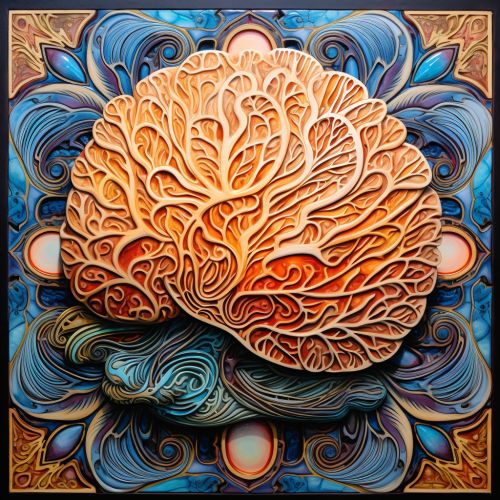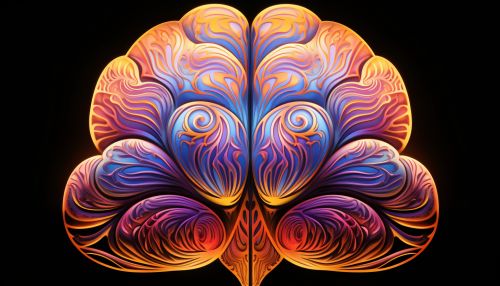Affective Neuroscience
Overview
Affective neuroscience is the study of the neural mechanisms of emotion. This interdisciplinary field combines neuroscience with the psychological study of personality, emotion, and mood. The putative existence of 'basic emotions' and their defining attributes represents a long lasting and yet unsettled issue in psychology. Affective neuroscience offers a biological perspective on these fundamental questions, focusing on brain mechanisms underlying emotion perception, production, and regulation.


History
The history of affective neuroscience is deeply rooted in the philosophical and scientific exploration of emotions. The term "affective neuroscience" was coined by Panksepp in the 1990s to refer to the study of the neural mechanisms of emotion. It was born out of a need to bridge the gap between the understanding of basic emotional processes and the biological underpinnings of emotion in the brain.
Basic Emotions
The concept of 'basic emotions' and their corresponding facial expressions dates back to the seminal work of Ekman and colleagues in the 1970s. Basic emotions such as joy, sadness, anger, fear, surprise, and disgust are thought to have a universal biological basis. However, the exact number and nature of these emotions are still a topic of debate in affective neuroscience.
Neural Correlates of Emotion
Affective neuroscience has identified several key brain areas involved in emotion processing. These include the amygdala, known for its role in fear and other emotions, the prefrontal cortex, which is involved in emotion regulation, and the hippocampus, which plays a role in memory of emotional events.
Emotion Regulation
Emotion regulation refers to the processes by which individuals influence which emotions they have, when they have them, and how they experience and express these emotions. Affective neuroscience research has highlighted the role of the prefrontal cortex in emotion regulation, showing that this brain area can modulate activity in emotion-generating areas of the brain, such as the amygdala.
Affective Disorders
Affective disorders, such as depression and anxiety disorders, are characterized by dysfunctional emotion regulation. Affective neuroscience has contributed to our understanding of these disorders by elucidating the brain mechanisms underlying their symptomatology. This has implications for the development of effective treatments.
Future Directions
Affective neuroscience continues to evolve, with new methods and technologies enabling more detailed and nuanced understanding of the neural basis of emotion. Future directions include the integration of affective neuroscience with other disciplines such as social neuroscience and computational neuroscience, and the application of novel techniques such as optogenetics and real-time fMRI.
